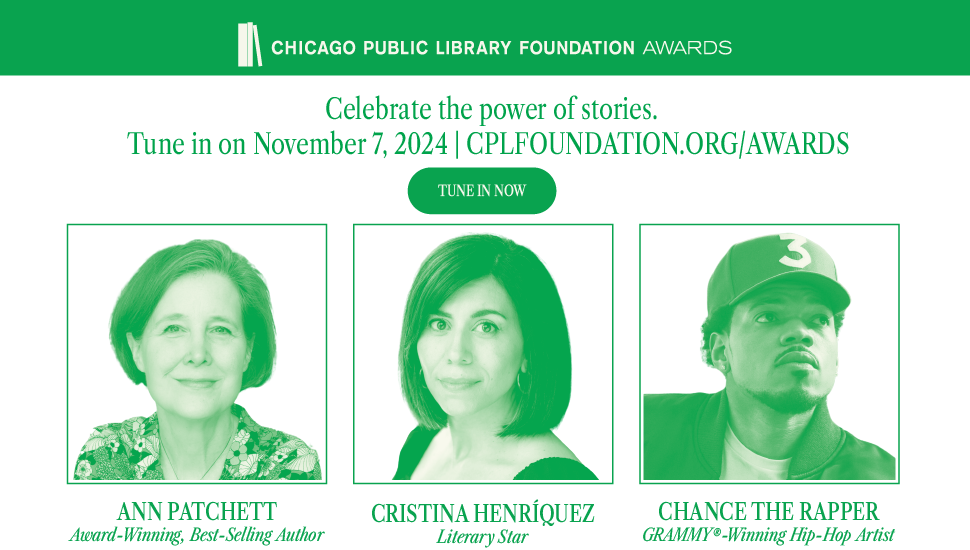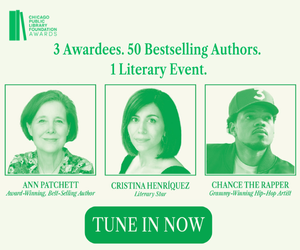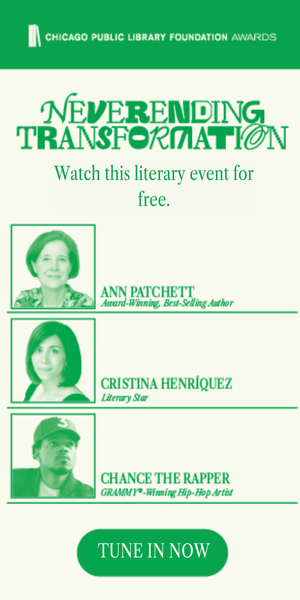
HEALTH: 4 Books on a Big Topic
It’s not every day that I think about health in relation to books. Honestly, when I think about my own health, I tend to turn to the internet. It’s not necessarily the best option (WebMD can be very terrifying if you go too deep) but it gets me by. And yet, when I think about how pervasive health is, how essential it is to our everyday lives, I wonder how haven’t I thought of it in relation to books? Are characters in books always healthy? If they are, why? And what about nonfiction – so many people use nonfiction books to learn from, diagnose with, prepare for. I already know that books are good for our mental health. Now I’m going to look at four books related to health itself. Read on, and enjoy!
fiction
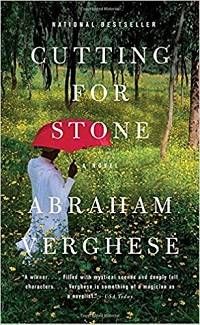
Two twin brothers are secretly born to an Indian nun and the British surgeon at a mission hospital in the capital of Ethiopia, Addis Ababa. Their mother dies in childbirth and their father disappears, but twins Marion and Shiva grow up well nonetheless, both fascinated with medicine of varying kinds (read: not only Western medicine counts as medicine). Marion, who narrates the novel, brings us along as, after loving the same woman as his twin, he flees to America. In New York, fresh out of medical school, he begins to work at an overcrowded and underfunded hospital. Though this novel is about family, and the past catching up with you, it is also about the love for healing and the complex relationships that arrive through it.
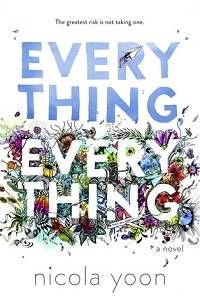
Okay, so I know there’s some issues with this book. I do. In case you’re not familiar with it, this novel is about a girl with severe combined immunodeficiency, or SCID. Her mother doesn’t let her leave the house, for fear that her immune system won’t be able to handle the world. The novel, essentially, shows the isolation that the protagonist has experienced up to the time she was 17, when she meets a boy who wants her to risk going outside for him, for love. The book has come under fire for promoting the idea that people with disabilities do not lead full lives. The reason it’s on this list, though, is because it has started a conversation. This is what my posts are hoping to do as well. Think about Everything, Everything. What is wrong with it? How does it make you think of illness? What does it make you think about mental illness?
nonfiction
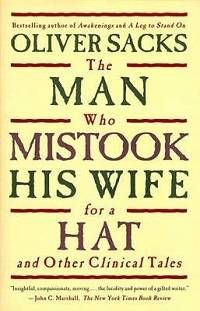
You may have heard of this book, as it’s one of the best titled ones out there. Oliver Sacks is a neurologist, and this book is one of the most famous one out there comprised of case studies. The people Sacks writes about in these 24 essays have some sort of altered brain function. Sacks describes what they can and cannot do, but more importantly, he explores the amazing things the brain can do when it’s experiencing some sort of difference from the “normal” brain function that the majority of people have. Amazing stories, and all true, this is a popular book about a variety of health issues and how Sacks dealt with them.
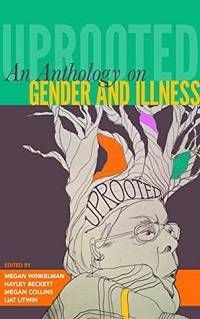
I’m cheating just a tiny bit here because this anthology includes poetry fiction as well as nonfiction essays. But, I still think it falls in the nonfiction category because of the essays in it and because it is an anthology dedicated to looking at the intersections between health and gender, health and sexuality, and, essentially, between health and stigma. An exploration of illness narratives where issues of race, class, gender, sexuality and more come together, this is essential reading. Plus, the proceeds go to sending the book to healthcare providers! More information about the anthology here.
What books about health do you turn to? What books do you think are important to this list?
